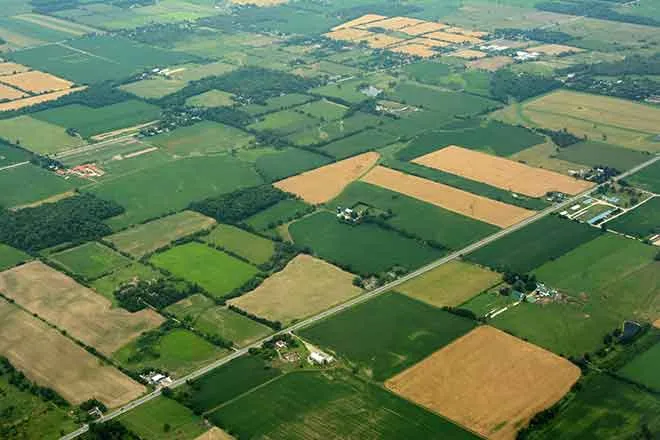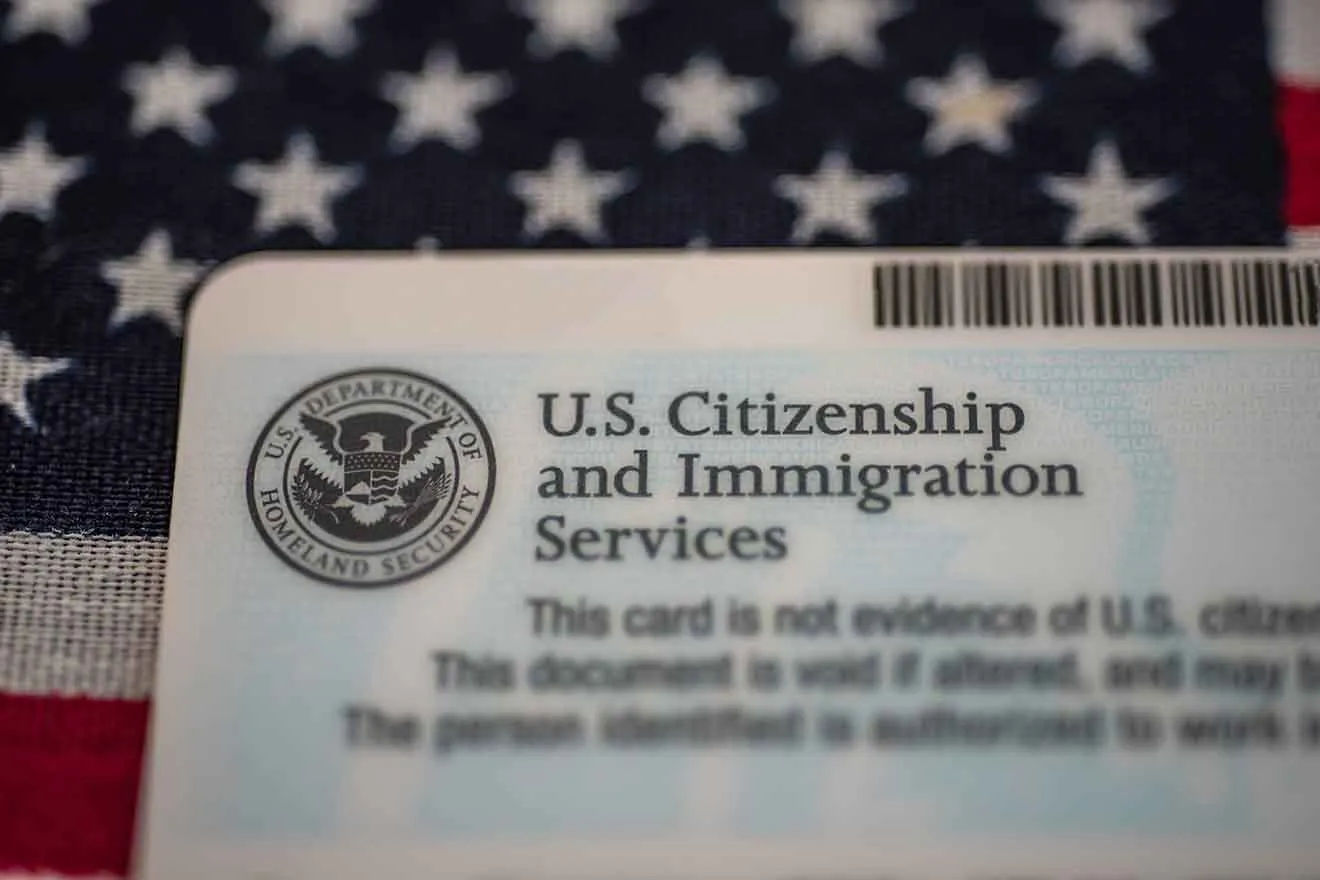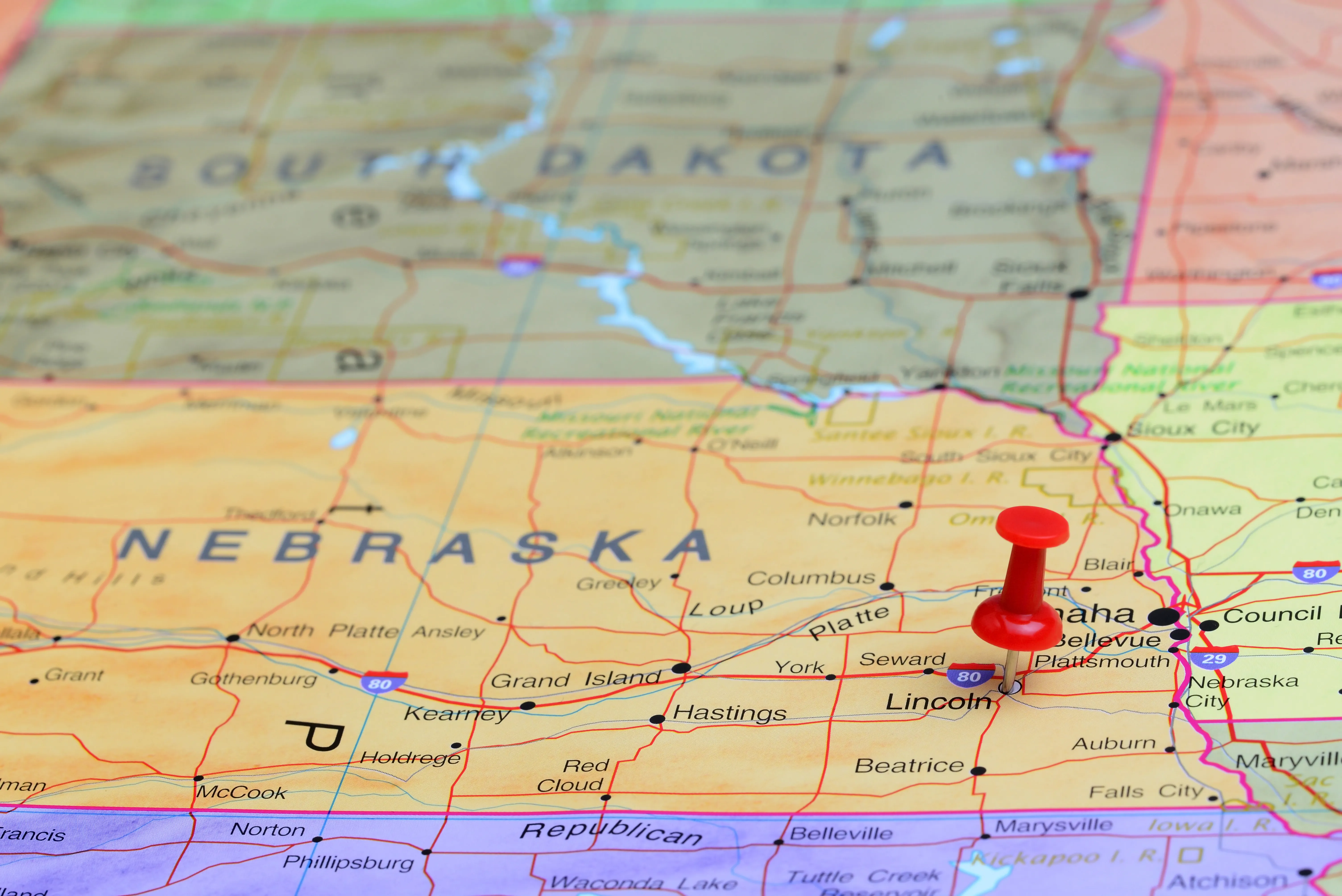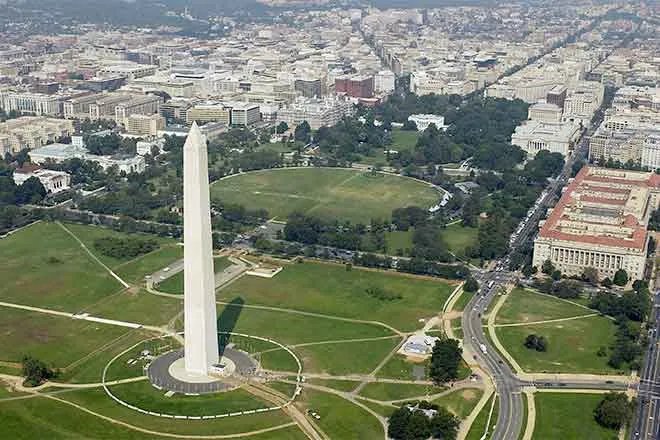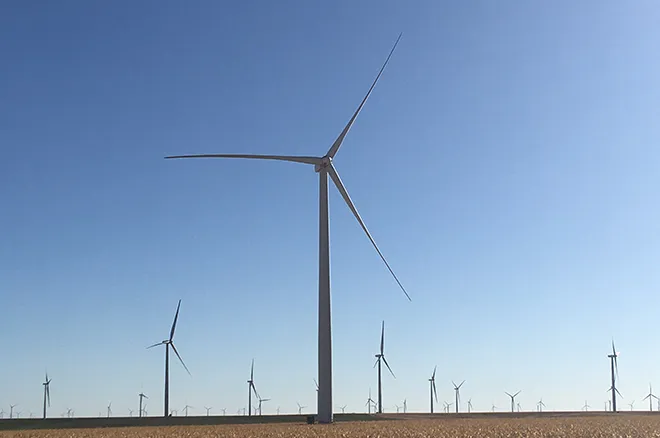
New Mexico child advocates seek more 'tax equity' from 2024 legislative session
Click play to listen to this article.
(New Mexico News Connection) It is no secret the majority of state and local tax systems favor the wealthy but New Mexico is making progress in turning it around.
The latest edition of "Who Pays?," a report by the Institute on Taxation and Economic Policy, continues to show education, public health and safety, roads and bridges are mostly funded by regressive taxes affecting middle- and low-income families more than wealthy families. Those with the lowest incomes put the largest share of their paycheck toward taxes.
Bill Jordan, government relations officer at New Mexico Voices for Children, said the state is slowly inching toward greater tax justice.
"We had a very regressive tax system a few years ago," Jordan recounted. "Now we have the ninth most fair, most progressive tax system in the nation."
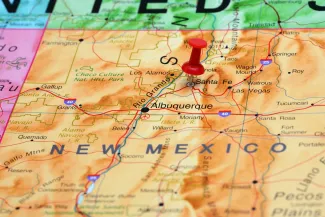
© iStock - dk_photos
Jordan believes the changes are being reflected in the state's economy, demonstrated by lower unemployment and higher wages but he concedes the nationwide model of the wealthy receiving more tax breaks is not easy to change.
The report said in 2023, one-third of all states continued a three-year or longer trend of permanent tax cuts overwhelmingly benefiting high-income households.
Jordan pointed out New Mexico lawmakers have made significant improvements to the tax code since 2019 to help New Mexicans who earn low and moderate incomes. He added New Mexico Voices for Children wants policymakers to stay the course.
"While low- and middle-income families are now paying a lot lower rates than a few years ago -- and that's the progress -- New Mexico still taxes three-quarters of us a lot more than the top 1%," Jordan contended.
Fourteen states, including New Mexico, provide child tax credits to reduce poverty, boost economic security, and invest in children.


